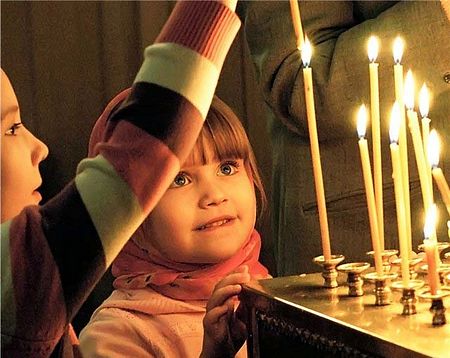Christianity is the religion of love. That’s what we say. That’s what many of us hold to as our reason for existence. We revert to that passage in the Book of Acts that says, “see how these Christians love one another,” which was unusual enough to be exemplary in an age of hostility and mistrust.
The history of Christianity is besmirched by centuries of demonization of others whom we were supposed to love.
Christianity, this religion of loving our neighbor, proved hard to enact so it became easier over the centuries to kick the whole enterprise into heaven, so to speak, to spiritualize it and make it a highway to heaven rather than a roadmap for earth. We all know the caricature that we Christians are more interested in the next life than in this one.
We are now in Lent. Lent is an ancient church season to anticipate the great festival of Easter. The full development of Lent was not complete until the fifth century but the main components to the season were in place several centuries earlier.
Two themes characterize Lent: repentance and learning. We call the learning “catechesis” and it’s the historic way people enter the church at Easter time. You study aspects of the faith, sometimes in a formal setting, sometimes in conversation with your pastor. The point is to deepen your understanding, but for a purpose, not simply to learn “stuff.” At its heart this learning aids you in knowing why you constantly shoot yourself in the foot morally and ethically, and offers you some tools to move past that experience.
Repentance means to change your mind; it means to be sorry for your transgressions, of course, but at its core it means a change of mind. Learning and repentance go together; one leads to the other – and the point of both is to lead us deeper into love for God and into loving compassion toward others, which is consistent with Jesus’ recitation of the two commandments of Judaism: to love God with all your heart, soul, and mind (the learning), and to love your neighbor as yourself (which connects to the theme of repentance).
The more I learn about living the faith the more I know that I have to change my mind, turn around, and walk a different, renewed direction. We are all so full of pride, envy, greed, and the rest of the seven deadly sins that we have a consistent, virtually permanent, need for repentance. In one of our prayers we ask God to grant, “that we may spend our time in peace and repentance” – each condition being necessary for the other to thrive.
Of course, the signs of our need for repentance are carefully concealed when greed becomes a standard of living and pride is the fuel that powers much of our activity as people and as a nation.
The theory is that the more you undergo this turnaround involved in repentance, the more will you act out what you learn in your daily life. It’s not just a theory, however.
What happens when you seek someone’s forgiveness for hurts you have incurred? You open yourself beyond pride, and you open a path to love again. This coming weekend is Forgiveness Sunday in the Orthodox Christian tradition. We stand before each other and ask forgiveness for wrongs we have committed in the past year. This is not a perfunctory ritual; it continues to be among the deepest experiences people have in our church.
We have no corner on the market: every one of you can seek forgiveness from those you’ve hurt and repair your world through repentance.

















